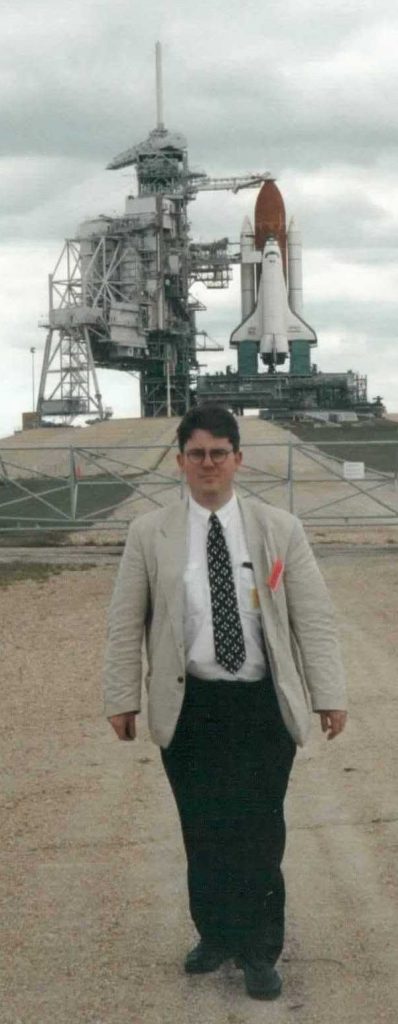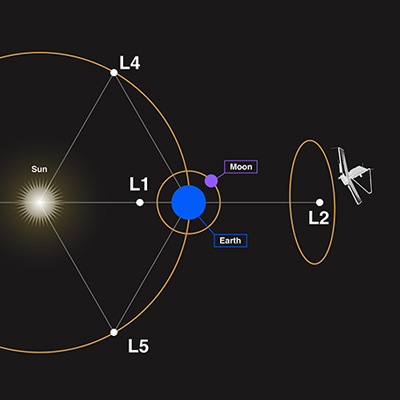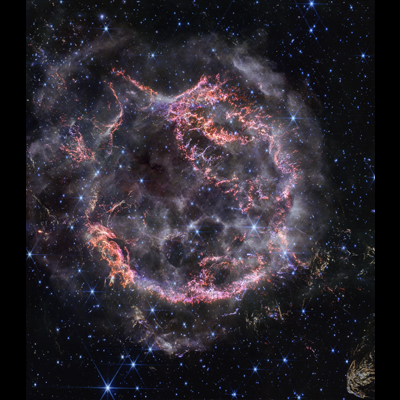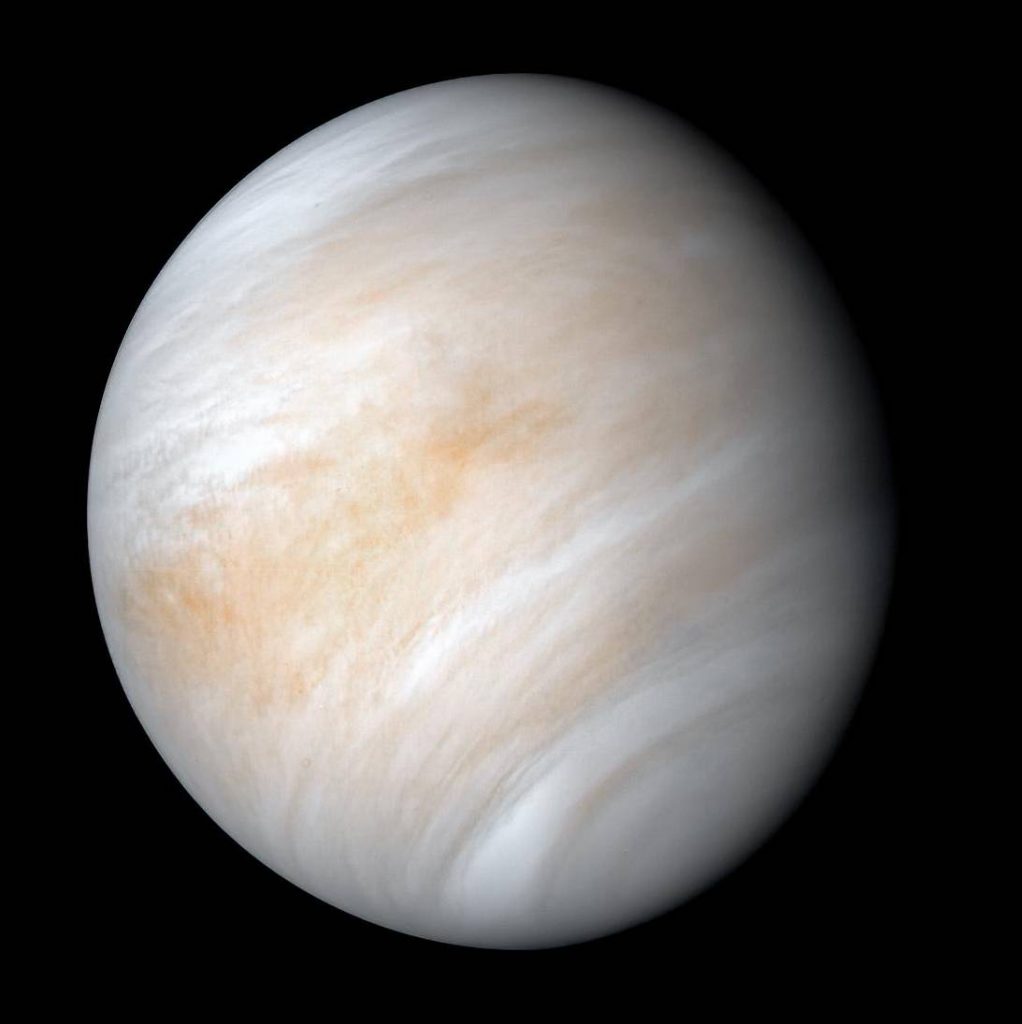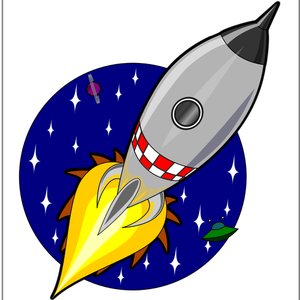
Astronomy in Flatland
We will be welcoming Dr Colin Steele, from the Manchester University school of Mathematics who last spoke to us in 2017.
This time Colin’s talk is inspired by the satirical novella ‘Flatland’ by Edwin Abbott, published in 1885.
Colin will consider what astronomy would be like in a 2-dimensional universe. One significant feature would be that gravity, rather than following an inverse-square law, would simply be inversely proportional to distance. The shapes of orbits would be different as a result.



